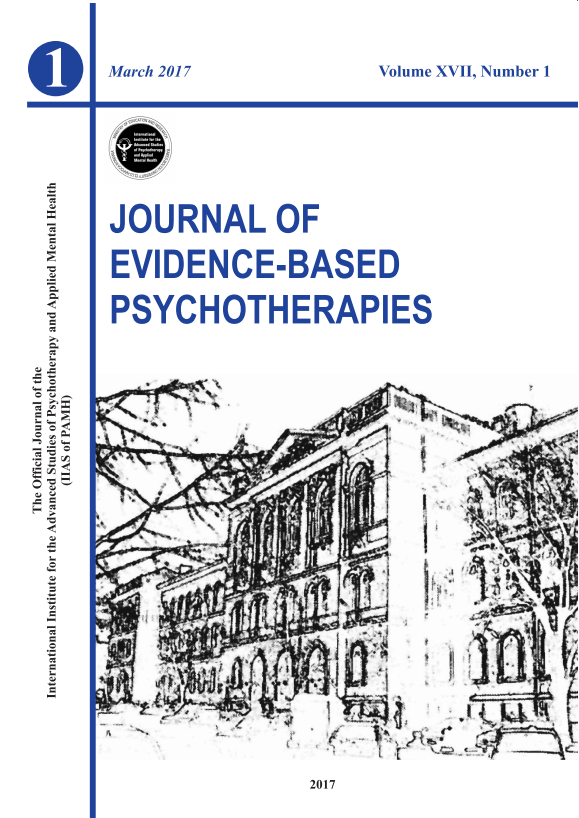Florin A. SAVA, Laurenţiu P. MARICUŢOIU, Silvia RUSU,
Irina MACSINGA, Delia VÎRGĂ
West University of Timişoara, Timişoara, Romania
Abstract
The relationship between irrational beliefs and explicit and implicit self-esteem was examined in two consecutive studies (N1 = 117; N2 = 102) conducted on undergraduate university students. Two robust findings were the negative correlation between explicit self-esteem and self-downing, a particular type of irrational belief and the absence of a correlation between implicit self-esteem and any type of irrational belief. These findings suggest that disputing irrational beliefs within therapeutic interventions may affect explicit cognitions only, while implicit cognitions remain unaffected.
Keywords: implicit self-esteem, explicit self-esteem, irrational beliefs, self-acceptance, REBT
Pages: 97-111
